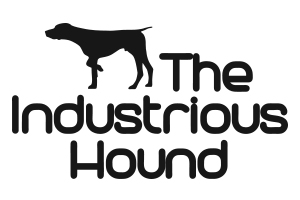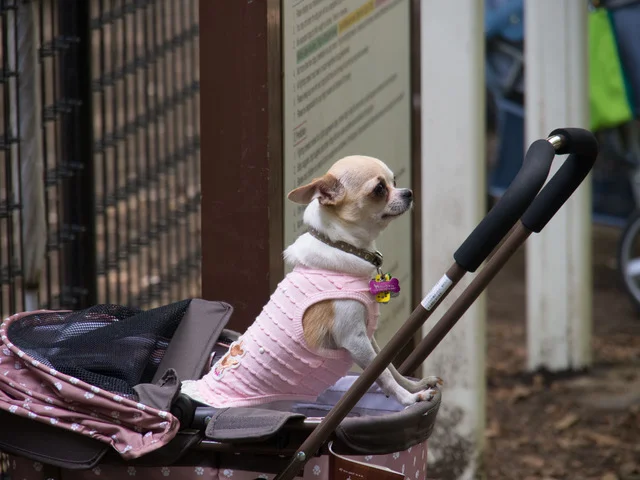Toxic anthropomorphism
Anthropomorphism is the showing or treating of animals and objects as if they are human in appearance, character, or behaviour.
From ancient times, humans have sought to understand the world around them by ascribing trees and streams, stars and planets, and plants and animals with human characteristics, feelings and motivations.
Scientific research and analysis has eroded the egocentric need of humans to see the world through this lens, but the rise and ubiquity of social media seems to be providing an outlet for this toxic trend and turning back the clock of knowledge to the detriment of people and animals, and particularly our dogs.
Undoubtedly, anthropomorphism can be a force for good. It can help us empathise with animals - to be outraged at their pain and unethical treatment. And of course anthropomorphism is not entirely misplaced. There is an overlap with human and animal behaviour - we live in social structures, we seek resources and we are driven to procreate, for example. We are animals too, after all.
But the danger arises when we cannot set aside the human ego and we no longer see and appreciate animals for being animals, for their strengths and weaknesses, for their amazing talents and drives, and their fascinating behaviour.
With dogs, in particular, who spend more time with us than almost any other animal, anthropomorphism - so frequently and questioningly expressed with phrases like 'fur-baby' and 'paw parent'- seems to be increasingly at the root of great harm.
What's the harm?
It seems innocent and 'fun' to refer to a dog as a 'baby' and the human as a 'parent'. After all, a dog will often be an important member of the family. What's the harm?
The harm comes in ascribing thoughts, feelings behaviour and motivations to a dog that are not the dog's, but ours.
It wouldn't matter if we didn't let this approach affect how we treat the dog. But this mindset is pervasive and often unchallenged, and muddies and then infects the relationship until it fundamentally damages the dog.
This is not just about dressing dogs up in clothes, or referring to them as a 'baby'.
It means that we increasingly interpret the dog's actions as if the dog were human; we seek - and will be easily sold - already questionable solutions to the wrong dog problems; we seek often expensive yet pointless band-aids to symptoms, and don't understand the problem - the problem is most frequently us; we blame the dog for being 'naughty' or randomly anxious because taking responsibility for our own actions would be more difficult than taking prozac. But the dog needs to be a dog. He can only be a dog. Like we can only be human.
Treating a dog as other than a dog denies the dog the fundamental need to be a dog - it denies the dog his feelings, his thoughts and his motivations. We would never try to force a person to think or act as something they are not - not without severe repercussions at least.
The pendulum has swung to the harmful side of anthropomorphism - it is increasingly less to do with empathy, and more to do with the human ego. It is causing harm to dogs and humans.
And this is what I increasingly see - very high and increasing levels of avoidable stress and anxiety. I see destruction, nuisance barking, 'separation anxiety', nervousness, fear and 'aggressive' behaviour.
What can you do?
Dogs are amazing. Dogs are wonderful!
Learn to see, value, understand and enjoy your dog as a dog. Do not confuse your dog with a wolf or a human. Think about how you refer to your dog. Do you ascribe human emotions and thoughts to your dog? Challenge that thinking. Catch yourself when you use words and actions that are anthropomorphic.
Learn more about dog behaviour and their social structure, not 'dominance'; learn about reward; and learn about your own behaviour and how it affects your dog.
Read more articles about anthropomorphism:
Dog Psychology – What Is Fact and What Is Myth
Is Anthropomorphism a Sin? Comparing dogs to people is sometimes useful and sensible
The Real Problem With Anthropomorphism
The Dangers of Anthropomorphism
Anthropomorphism: how much humans and animals share is still contested

